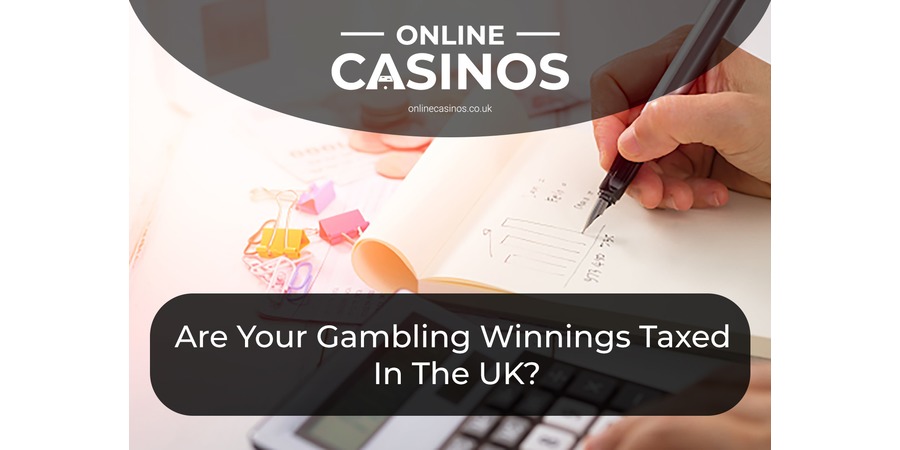Does Uk Tax Gambling Winnings
But while the gambling winnings are taxable income to you in the U.S. You do get a foreign tax credit for the income tax you pay to the U.K. On that income so you are not double taxed on it. The answer will be the same if you go to Ireland. Quick Answer: Betting duty was abolishing in 2001, meaning that in the UK there is no longer any tax to be paid by the customer in the UK. All winnings from sports bets, casino play, lotteries and other forms of gambling are completely tax free. Furthermore, you don’t even need to declare it to HMRC.
- Does Uk Tax Gambling Winnings Money
- Does Uk Tax Gambling Winnings Real Money
- Does Uk Tax Gambling Winnings 2019
- Does Uk Tax Gambling Winnings Losses

That’s correct, nobody pays a penny in tax on gambling winnings in the UK, so whether you win a fiver or £500k it is all yours to do with as you please. This goes for occasional players, hobbyists, and professional gamblers who make a living from online casinos – it is all tax free. That’s right, 0% of your gambling winnings are counted as taxable income in the UK! It may seem a bit too good to be true – after all when does the Government turn down an opportunity to take a little extra tax? It is completely true though; the tax burden from gambling is shouldered by the operators, rather than the players. I have had a straight answer from the income tax people that any winnings from gambling are tax-exempt even if you could be considered a professional gambler. But no one seems to know for sure how gambling winnings affects benefits.

Does Uk Tax Gambling Winnings Money
Many people worry about the tax implications of that big winning bet, especially those for whom gambling is more than just a bit of fun, the lucky few who make a consistent profit from betting. Well, good news: when it comes to UK-based gamblers, there is no tax to pay on your winnings – even if you win a million pounds.
The position with tax has changed several times over the past 20 years or so but punters have been exempt from paying tax for a long time now, with the tax burden falling on the bookies and betting sites instead. The main reason for this is the argument that if tax was due on winnings it would be hard to argue against relief on losses and so the government decided it would be easier simply to tax the bookmakers on their profits.
Does Uk Tax Gambling Winnings Real Money

Even professional gamblers, or those that use complex gambling systems to all-but guarantee a profit, are totally exempt from paying tax on their winning bets. All you need to do now is find some winners – and those profits are all yours!
Bookmaker Taxes & Duties
It wasn’t always this way, however, and the method by which betting is taxed in the UK has been changed a few times over the years. When betting shops were first legalised in the 60’s there was a tax known as betting duty which had to be paid on every bet – either on the stake itself, or on the winnings. This tax was a flat 9% for all punters.
Does Uk Tax Gambling Winnings 2019
Gordon Brown was responsible for abolishing betting duty in 2001 after betting started appearing online in an attempt to encourage punters to continue to bet in the UK rather than through an offshore bookmaker where there was no duty to pay.
The revenue lost by the treasury from the abolition of betting duty was countered by the introduction of a 15% tax on a bookmakers gross profits – effectively shifting the tax from the punter to the bookie.
In response, many bookmakers moved their online operations (or parts of them) overseas and took up residence in Gibraltar or Malta, both of which had licensing agreements with the UK which allowed companies based there to legally offer betting services to customers in the United Kingdom but didn’t have to pay the 15% levy on profits.
Does Uk Tax Gambling Winnings Losses
Point Of Consumption Tax
This changed in 2014 when a new law was passed requiring all online gambling sites which accept UK custom to be licensed in the UK, regardless of where they were based. The new rules also saw the introduction of a 15% point of consumption tax for any wagers taking place in the UK, and levelled the playing field for UK and non-UK based operators.